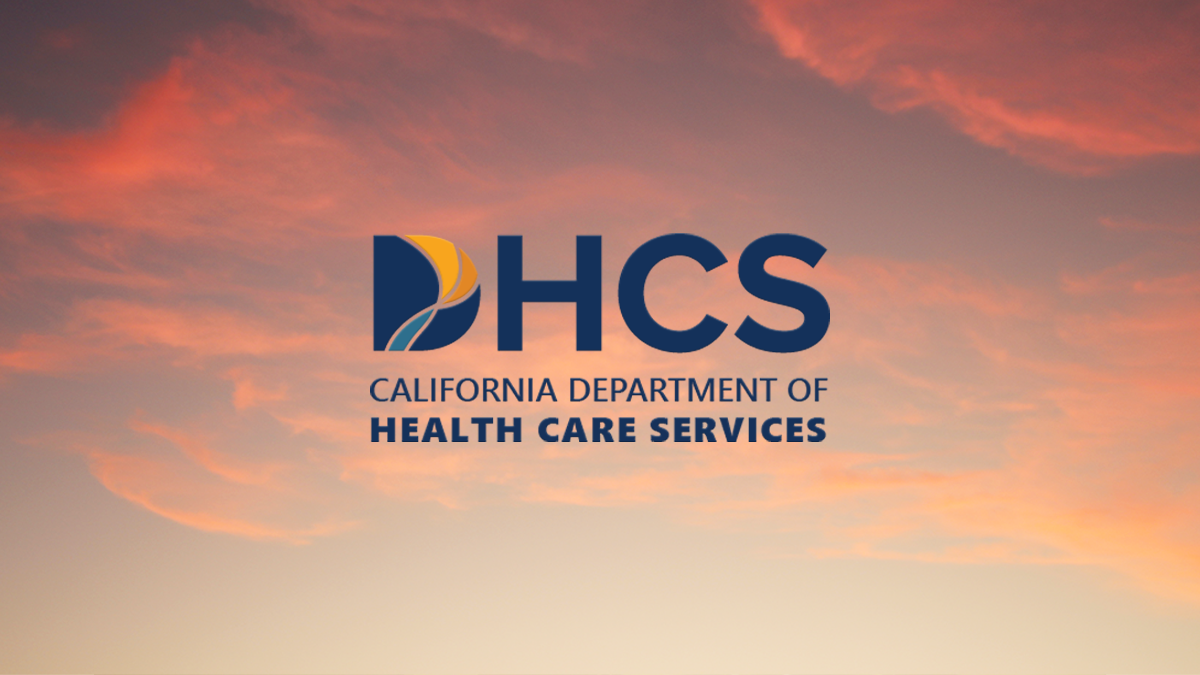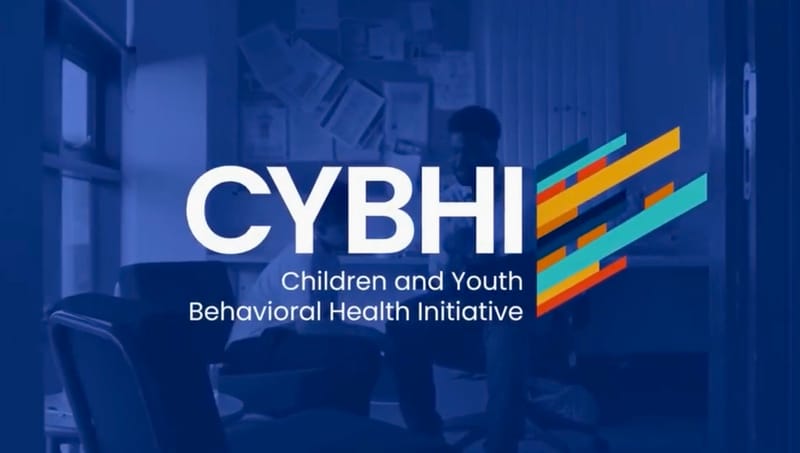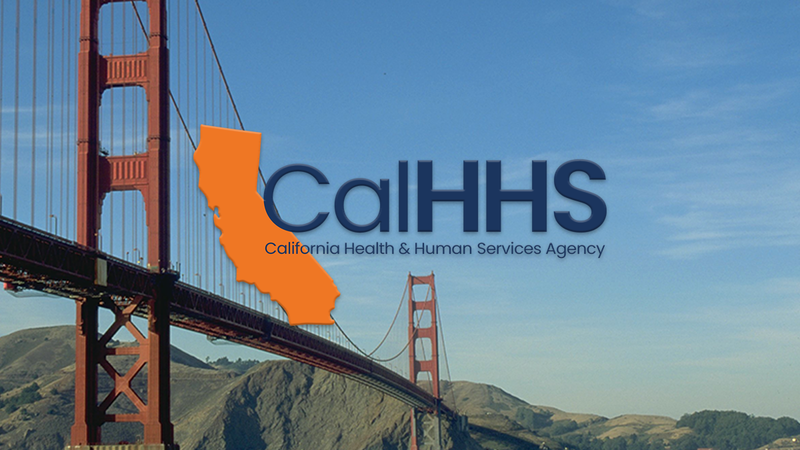2025 California Mental Health Services guide
From Medi-Cal behavioral health benefits to community-based support for children, adults, and unhoused individuals, this guide explains every major mental health service California offers in 2025—and how to access them.

California offers an extensive network of programs and services to support mental health and overall well-being across different age groups and communities. This guide organizes, explains, and directs readers to the primary categories of services available through the Mental Health Services Division of the California Department of Health Care Services (DHCS).
Use the information below to find the services most relevant to your needs in 2025.
Adult Health
Mental health needs don't disappear in adulthood—in fact, they often become more complex. California’s adult health services are designed to support individuals at various life stages, including caregivers, women, seniors, and veterans.
- Caregiver Resource Centers: These centers offer counseling, respite care, and support for unpaid family caregivers, many of whom are supporting loved ones with mental or cognitive health conditions.
- Long-Term Care Alternatives: Includes services such as assisted living waivers and community-based adult services to help individuals avoid institutionalization.
- Programs for Adults: A broad umbrella of health programs focused on chronic illness, mental health, and behavioral support.
- Seniors: Geriatric mental health services are often included in these programs, with a focus on cognitive decline, isolation, and depression.
- Veterans: Programs tailored for former service members, often involving coordination with VA mental health benefits.
- Women: Support services including postpartum mental health care, domestic violence counseling, and access to behavioral therapy.
- More Adult Health Resources: Additional programs not categorized above, often including links to county-level adult mental health support.
- Medicare: Mental health services covered under Medicare, including outpatient therapy, psychiatric evaluations, and hospital care for qualifying seniors and persons with disabilities.
Children & Youth Health
California prioritizes early intervention and continuity of care for youth mental health, particularly for low-income families and those with special needs.
- Child Health and Disability Prevention: Provides free mental and physical health screenings for Medi-Cal-eligible children, which include behavioral health assessments.
- Children's Medical Services: Offers coordinated care and case management for children with serious or chronic health conditions, including behavioral needs.
- Children & Youth Mental Health Programs: Encompasses a wide range of initiatives designed to address childhood trauma, school-based counseling, and early onset mental illness.
- Early and Periodic Screening, Diagnostic and Treatment (EPSDT): A critical Medi-Cal service that covers comprehensive mental health screening and treatment for anyone under 21.
- Former Foster Youth: Extended Medi-Cal and behavioral health services that continue after youth age out of foster care, ensuring no disruption in mental health care.
- Hearing Aid Coverage for Children Program: While focused on hearing health, this program also intersects with mental and emotional well-being, particularly in early development stages.
- More Children & Youth Health Resources: Links to additional behavioral health programs for young Californians, including specialized services for at-risk populations.
Community Health & Health Disparities
Mental health equity is a major focus of DHCS’s community outreach efforts, especially in underserved populations.
- Community Mental Health Block Grant (MHBG): Federal funding source used by California to support community-based mental health services for adults with serious mental illness and children with serious emotional disturbance.
- Projects for Assistance in Transition from Homelessness (PATH): Provides outreach, treatment, case management, and housing support to individuals experiencing serious mental illness and homelessness.
- Primary, Rural, and Indian Health: Supports mental health and primary care access in California’s rural and tribal communities, with culturally responsive behavioral health services.
Diseases & Conditions
Mental health often intersects with other chronic diseases and disabilities, and DHCS supports several programs that address these co-occurring conditions.
- Cancer: Mental health support is integrated into cancer care, especially around grief, stress, and emotional adjustment.
- Persons with Disabilities: Services include behavioral therapies and supports tailored to people with developmental and intellectual disabilities, as well as acquired physical disabilities.
- More Diseases & Conditions Resources: Additional resources supporting mental health needs related to complex or rare conditions.
Homelessness & Housing
Recognizing the deep link between homelessness and mental illness, DHCS supports integrated care approaches that pair housing assistance with behavioral health treatment.
- Housing for Health: DHCS Strategies to Assist Members Experiencing Homelessness: Includes funding and programs that integrate supportive housing with wraparound behavioral health services, aiming to reduce hospitalizations and improve long-term outcomes.
Medi-Cal & Medi-Cal Dental
Medi-Cal is the foundation of California’s public mental health system, providing access to essential services for eligible individuals. Many behavioral and psychiatric services are delivered through this program.
- Medi-Cal: The state’s Medicaid program, offering comprehensive mental health services such as therapy, psychiatric care, and medication management for low-income individuals.
- Medi-Cal Eligibility and Enrollment: Guidance on who qualifies for Medi-Cal, including information about continuous coverage for children and people with behavioral health needs.
- Medi-Cal Managed Care: Most Medi-Cal members receive care through managed care plans that also coordinate access to mental health and substance use treatment.
- Medi-Cal Premium Payments for the "Medi-Cal for Families" Program: For qualifying families above the no-cost threshold, low monthly premiums still provide access to mental health coverage for children.
- Medi-Cal Dental Program: Includes some behavioral management services for individuals with special health care needs who require dental care.
- Medi-Cal Dental Website: Central hub for dental benefits, which can play a role in overall mental health—especially in populations affected by trauma or developmental disorders.
- Pharmacy Benefits/Vision Care: While not mental health-specific, access to prescription medications (including psychotropics) and vision services supports holistic care.
- Family Planning: Many family planning clinics offer behavioral health referrals and screenings, particularly around perinatal mental health and intimate partner violence.
- More Medi-Cal Dental Resources: Additional links for specialized or extended dental services that intersect with behavioral needs.
Mental Health and Substance Use Disorder Services
This category includes the core programs that directly deliver mental health and addiction services through state and county systems.
- Behavioral Health Services (BHS): The umbrella program for all publicly funded mental health and substance use treatment services, including crisis intervention and community support.
- California Behavioral Health Planning Council: A state advisory body that evaluates and promotes accountability in the delivery of behavioral health services.
- California Mental Health Cooperative Programs – Employment with Support: Programs that help people with mental health conditions find and retain employment, an important determinant of mental well-being.
- Ombudsman: Helps Medi-Cal members resolve complaints or confusion about mental health services, including access to care or denial of services.
- Pre-Admission Screening and Resident Review (PASRR): Ensures individuals with serious mental illness are appropriately evaluated before admission to Medicaid-certified nursing facilities.
Stakeholders
Public input and collaboration are crucial in shaping California’s behavioral health policy. These programs help incorporate feedback and drive better outcomes.
- Behavioral Health Treatment: Covers applied behavioral analysis (ABA) and other therapeutic interventions for individuals with autism spectrum disorder and similar conditions.
- Stakeholder Recommendations for Mental Health and Substance Use Disorder Services: Reflects the voices of patients, providers, and advocates in shaping how services are delivered and improved.
- Affordability & Benefit Program for Low-Income Pregnant Women & Newly Qualified Immigrants: Offers access to behavioral health and prenatal support for vulnerable populations often at risk for depression or trauma-related conditions.
- Stakeholder Engagement: DHCS regularly solicits input from the public, community organizations, and health professionals on how to improve mental health and substance use treatment systems.
Quality Improvement
California is committed to continuously improving the delivery and outcomes of its mental health services through robust measurement and transparency.
- Medi-Cal Managed Care Quality Awards: Recognizes health plans with high performance in behavioral health service delivery, access, and outcomes.
- Quality Measurement and Reporting: Tracks statewide metrics for mental health access, hospitalization rates, patient satisfaction, and treatment effectiveness.
Looking Ahead
California’s mental health system in 2025 is broader and more accessible than ever, with expanded Medi-Cal options, targeted grant funding, and new protections for workers, families, and youth. Whether you're navigating paid family leave and mental health or exploring behavioral health grants and updates, this guide is your starting point.
For more support, explore recent changes in California's mental health laws, psychologist licensing rules, or youth-focused protections that reflect the state’s growing investment in behavioral care.
What to Read Next










